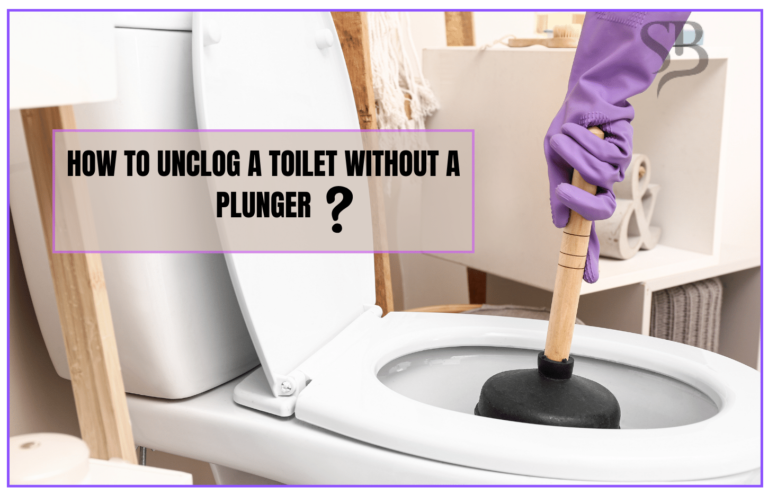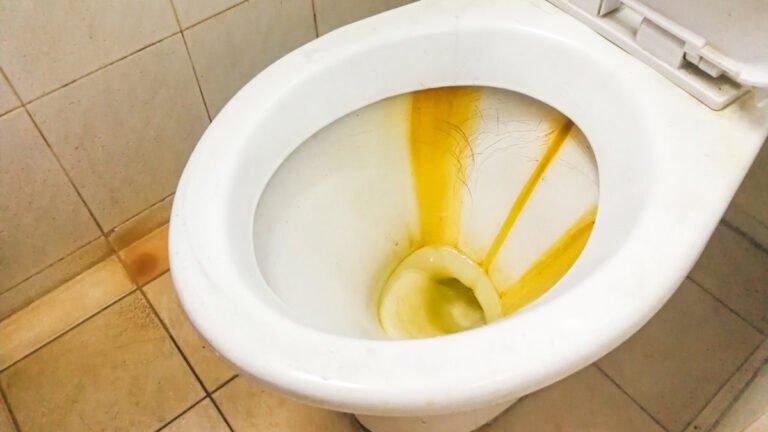Access to proper sanitation facilities is a fundamental human right and a critical aspect of public health. Yet, a significant portion of the global population lacks access to adequate sanitation, leading to various health and environmental challenges.
Project Source Toilets are an essential initiative aimed at addressing this issue. In this article, we will explore the key players involved in making Project Source Toilets a reality, as well as the technology and innovation behind these sanitation solutions.
But have you ever wondered who makes Project Source Toilets?
Project Source toilets are typically sold by Lowe’s, a major home improvement retailer in the United States. These toilets are often part of Lowe’s private-label brands, which means they are manufactured by various companies under the Project Source brand name exclusively for sale at Lowe’s stores.
The specific manufacturer of Project Source toilets may vary over time, as Lowe’s may source them from different suppliers. Therefore, it’s a good idea to check the product label or consult Lowe’s customer service or website for the most up-to-date information on the manufacturer of Project Source toilets.
1. The Need for Project Source Toilets
Before delving into the makers of Project Source Toilets, it is crucial to understand the pressing need for such facilities.
Lack of proper sanitation has far-reaching consequences, including the spread of diseases, contamination of water sources, and adverse effects on women’s safety and dignity.
Millions of people in developing countries live without access to clean and safe toilets, making them susceptible to various illnesses, particularly waterborne diseases like cholera and dysentery. Inadequate sanitation also leads to environmental pollution and poses a significant threat to sustainable development.
Project Source Toilets aim to address this issue by providing affordable, efficient, and sustainable sanitation solutions. These toilets are designed to be accessible to communities that lack proper sanitation infrastructure, especially in rural and underserved areas.
By leveraging innovative technology and collaborative efforts, Project Source Toilets offer a promising solution to the global sanitation crisis.

2. Non-Governmental Organizations (NGOs)
One of the key players in making Project Source Toilets a reality is non-governmental organizations (NGOs).
NGOs play a vital role in identifying communities in need and implementing sanitation projects. These organizations work closely with local communities to understand their specific requirements and tailor solutions accordingly.
Through community engagement, NGOs ensure that the Project Source Toilets align with the cultural and social norms of the target communities, thereby promoting acceptance and long-term use.
NGOs also collaborate with various stakeholders, including governments, international organizations, and private companies, to secure funding and resources for these initiatives. By mobilizing resources and expertise, NGOs actively contribute to the successful implementation and maintenance of Project Source Toilets.
Moreover, they play a crucial role in educating communities about the importance of proper sanitation practices, encouraging behavioral change, and promoting hygiene awareness.
3. Government Initiatives
Governments also play a crucial role in the provision of Project Source Toilets. Many countries have recognized the importance of sanitation infrastructure and have launched initiatives to address the issue.
Governments allocate funds and resources to support the construction and maintenance of sanitation facilities, including Project Source Toilets, in areas with the most urgent needs.
Moreover, governments implement policies and regulatory frameworks to promote sanitation practices and ensure the sustainability of sanitation projects.
By integrating sanitation goals into national development plans, governments create a conducive environment for sanitation projects to thrive. Additionally, partnerships between governments and NGOs foster collaboration and strengthen the impact of sanitation initiatives.

4. Private Sector Involvement
The private sector is another significant contributor to the creation of Project Source Toilets. Private companies, especially those involved in water and sanitation technology, bring innovation and efficiency to the table.
These companies design, manufacture, and supply sanitation products, including toilets, water treatment systems, and waste management solutions.
Moreover, some companies actively engage in corporate social responsibility (CSR) projects, partnering with NGOs and governments to extend their reach and impact.
These partnerships leverage the expertise and resources of the private sector to scale up sanitation projects and reach more communities in need. Additionally, private companies invest in research and development to create cutting-edge sanitation technologies that are cost-effective and eco-friendly.
5. Innovations in Sanitation Technology
In recent years, there have been remarkable advancements in sanitation technology, propelling the development of Project Source Toilets. These innovations have played a pivotal role in revolutionizing sanitation solutions and making them more accessible and sustainable. Some notable innovations include:
- Biodegradable Toilets: These toilets utilize biodegradable materials that decompose waste safely and hygienically, without the need for complex sewage systems. Biodegradable toilets are particularly useful in remote areas without access to proper sanitation infrastructure. They offer an environmentally friendly solution that reduces the impact on ecosystems.
- Waterless Toilets: Water scarcity is a significant concern in many regions, making waterless toilets an attractive option. These toilets separate solid waste from liquid waste, minimizing water usage and facilitating waste treatment. Waterless toilets are particularly suitable for areas with limited water resources and can significantly contribute to water conservation efforts.
- Solar-Powered Sanitation: Solar energy powers these toilets, enabling the processing of waste and the production of biofuels. This approach combines sanitation with renewable energy, making it a sustainable solution. Solar-powered toilets are especially beneficial in regions with ample sunlight, providing a reliable and eco-friendly energy source.
- Internet of Things (IoT) Enabled Toilets: IoT technology allows remote monitoring and management of sanitation facilities. This connectivity enhances maintenance efficiency and ensures timely interventions when issues arise. IoT-enabled toilets can relay data on usage, maintenance needs, and waste management, enabling proactive responses and optimizing resource allocation.
- Self-Cleaning Toilets: Self-cleaning toilets use automated mechanisms to maintain hygiene and cleanliness. This feature is particularly beneficial in high-traffic areas or regions with limited cleaning resources. Self-cleaning toilets reduce the burden on maintenance personnel and improve overall sanitation standards.

Collaborative Efforts for a Better Future
Project Source Toilets represent a collective effort to address the global sanitation crisis. NGOs, governments, and the private sector have come together to provide innovative and sustainable solutions for communities in need.
As we continue to innovate and invest in sanitation infrastructure, we move one step closer to a world where everyone has access to safe and dignified sanitation facilities.
These efforts not only improve public health and protect the environment but also empower communities and foster social and economic development. By prioritizing the creation of Project Source Toilets, we create a brighter and healthier future for generations to come.
Collaborative initiatives that engage multiple stakeholders are crucial in driving positive change and ensuring that sanitation becomes a universal reality. Together, we can transform the lives of millions and create a world where proper sanitation is a basic human right for all.







